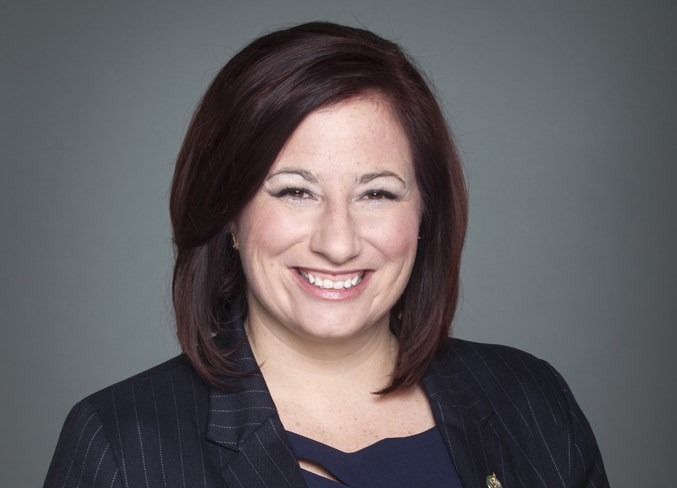Lakeland MP Shannon Stubbs believes the federal government should be making a few resolutions of their own for 2019.
Most importantly, she said, they need to prove they care about the energy sector and “that they actually understand the urgency of the crisis of oil and gas, and they want to get the pipelines built.”
Stubbs would also like to see the federal government repeal Bill C-69 and Bill C-48.
“Those would be two things, but there are a whole lot of other things they should be doing to enhance Canadian competitiveness. They should be looking at cutting taxes, reconsidering fuel standards they just announced before Christmas, which is the first of its kind in the world,” Stubbs continued. “Not only does the fuel standard apply to transportation fuel, it also applies, for the first time ever in any country, to industry buildings and facilities.”
According to Stubbs, it’s estimated that the fuel standard will be the equivalent of a $200-per tonne carbon tax on industry.
“That will layer on even more costs,” she added.
Stubbs said at this point, the federal government has acknowledged “what we’ve been warning them about,” which is the carbon tax would put businesses at a disadvantage.
“They do have some exemptions for major emitters of the carbon tax, but at the same time, they also brought in this fuel standard, which will really negate their attempts to try and protect the competitiveness of industrial emitters by allowing them exemptions after 80 per cent of their emissions.”
While she believes there are a number of things the Government of Canada could do to start off on the right foot in 2019, Stubbs feels their first concern should be repealing their no pipeline policy “to show that they’re serious about supporting oil and gas workers and reviving the energy sector in Canada.”
As Canada’s Shadow Minister forf Natural Resources, Stubbs will be working with senators on fighting Bill C-69 and Bill C-48, as well as the carbon tax.
“It will be interesting to see what happens in terms of legal challenges against the federal government as more and more provinces are joining that fight against the federal carbon tax,” she stated.
With all of this in mind, Stubbs is hoping Canadians will consider affordability and the impact government policies and decisions have on their jobs and lives as they prepare for the next federal election.
“For the Lakeland, no where is that more obvious than in the case of the bad policies and legislation that have harmed the energy sector, because here, it’s fair to say a job in a hotel, restaurant, recreational vehicle dealer, those are all oil and gas jobs. I think the damage in the energy sector that is happening because of bad policies and legislation, that is spiraling throughout a bunch of different sectors,” expressed Stubbs. “People may have been working in these businesses and didn’t realize they were dependent on oil and gas, but it’s clear that they are. That damage is spreading across the country.”
Another issues she wants people to consider as they head to the polls, is “out of control spending.”
“Just before Christmas, (the federal government) confirmed that the budget won’t be balanced under them until 2045,” she stressed. “In the 2015 election, this is what they promised, three years of $10-billion deficits each, and a balanced budget in 2019. Instead, capital investment is leaving Canada at record rates, and the budget is no where near being balanced.”
She continued, “I think it’s fair to say there has never been a prime minister that has spent so much to achieve so little.”
“They have justified their deficit spending by saying they’re investing in infrastructure, but even as of right now, less that six per cent of the projects they have given out since the 2015 election have actually had shovels in the ground,” noted Stubbs. “They spend hundreds of millions of dollars outside of the country.”
It’s that out of control spending and deficit, Stubbs said, that puts future programs and services at risk.
“It means governments in future generations will have to choose between tax hikes, cuts to certain programs and services, and interest payments on debt. That will be our generation’s responsibility.”
She concluded, “I hope Canadians think about those issues as they go to vote in 2019.”



